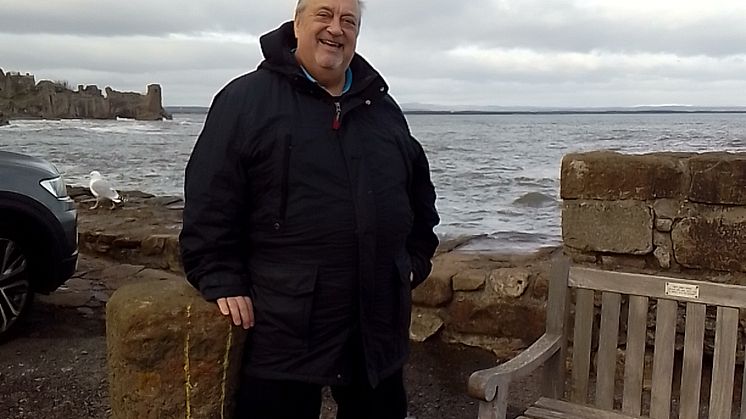More than half of Brits unaware that stroke is one of the biggest killers in the UK, according to Stroke Association study
More than half of Brits unaware that stroke is one of the biggest killers in the UK
More than half of Brits unaware that stroke is one of the biggest killers in the UK
More than half of the NI public don’t know that stroke is the fourth biggest killer in the UK, according to new research by the Stroke Association1. The charity has released the survey findings as it calls for vital support to fund more research into the devastating condition.
A stroke happens when the blood supply to part of the brain is cut off, killing brain cells. The charity’s latest stud
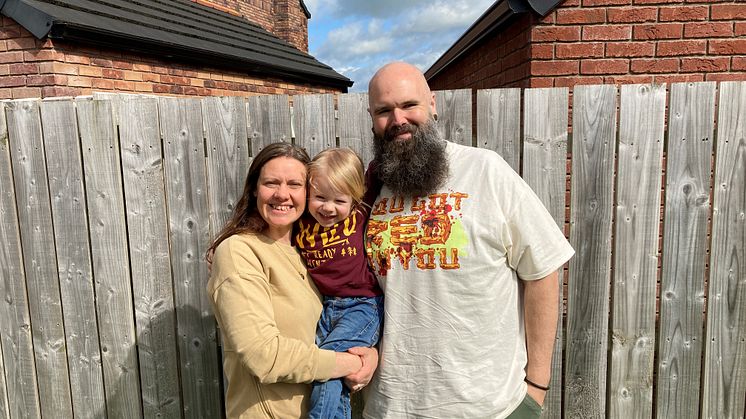
More than 390,000 people who called 999 in March 2022 with emergencies including suspected stroke waited an over an hour for an ambulance, today’s (14.04.22) figures show.
Today’s data release from NHS England shows that the average response time to category 2 emergencies like stroke was 1 hour 1 minute (01:01:03) over three times the 18 minute response time target. The 90th centile target of
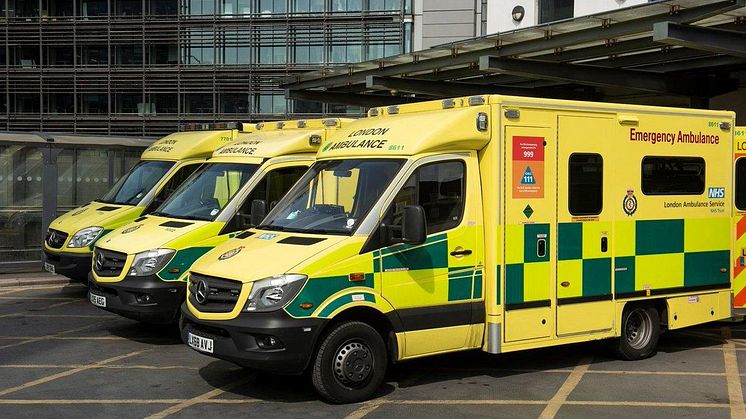
Marianne Donald from Glasgow is taking on her first full Marathon in May as part of the Edinburgh Marathon Festival (28-29thMay.)
She will be doing it to increase awareness of stroke and raise funds for the Stroke Association.
Marianne is a stroke researcher at the University of Glasgow, working on research around the damage caused by stroke. She is passionate about the cause and believes f
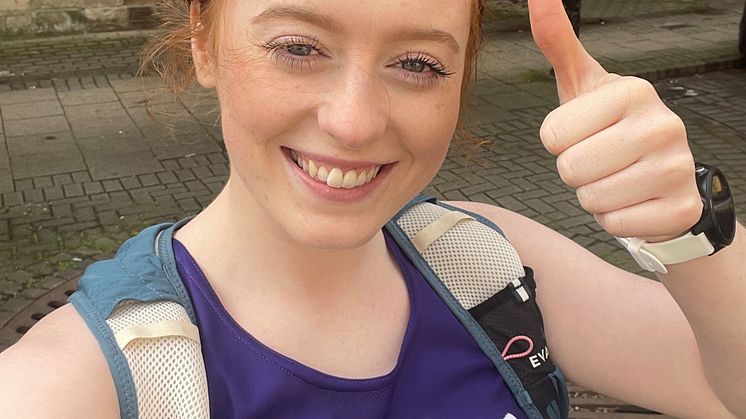
"Promising findings for a new blood test which may be able to predict a person’s risk of stroke and heart attack." says Dr Richard Francis, Head of Research Stroke Association.

Alana Geddes and her seven sisters lost their dad to a Covid-related stroke in November 2020. And now, they have come together to host a Gala dinner to increase awareness of stroke and to raise funds for the Stroke Association in Scotland.
Their father, John Geddes, a former billposter man, was a kind-hearted and loving father who always put others first. He and his wife brought up two disabl

Juliet Bouverie, Chief Executive of the Stroke Association said:
“We are saddened to hear about Bruce Willis’ aphasia diagnosis. The most common cause of aphasia is stroke, however it can also be caused by brain injury, brain tumours or other neurological conditions and the treatment and recovery may vary depending on the location and severity of the damage to the brain.
“We kno

Leading British Doctor - Dr Hilary Jones, is backing the Stroke Association’s campaign to urge the public to get checked for ‘silent’ health conditions that can cause a deadly stroke. New data reveals over half (53%) of stroke patients have high blood pressure and one in six (16%) have an irregular heart rhythm known as atrial fibrillation [1]. Both conditions are often without symptoms. The

The Stroke Association is urging the public to get checked for ‘silent’ health conditions including high blood pressure and atrial fibrillation which can cause a deadly stroke.
New data reveals in Wales over one in two (60%) stroke patients have high blood pressure and one in five (18%) have an irregular heart rhythm known as atrial fibrillation. [1] Both conditions are often without symptoms.

Leading British Doctor - Dr Hilary Jones, is backing the Stroke Association’s campaign to urge the public to get checked for ‘silent’ health conditions that can cause a deadly stroke, with new UK data suggesting that at least 13 in every 100 Londoners could be living with a ‘silent’ condition that causes deadly strokes [1].
Further England, Wales and Northern Ireland-wide data reveals over on

Looking for recruits as local music therapy project for stroke survivors kicks off
Grampian Stroke Club – affiliated to the Stroke Association, is launching a new initiative to help people affected by stroke continue their rehabilitation using music therapy to minimise the negative impact of their stroke.
‘Project SING’ will be launched this April for anyone affected by stroke - including ca
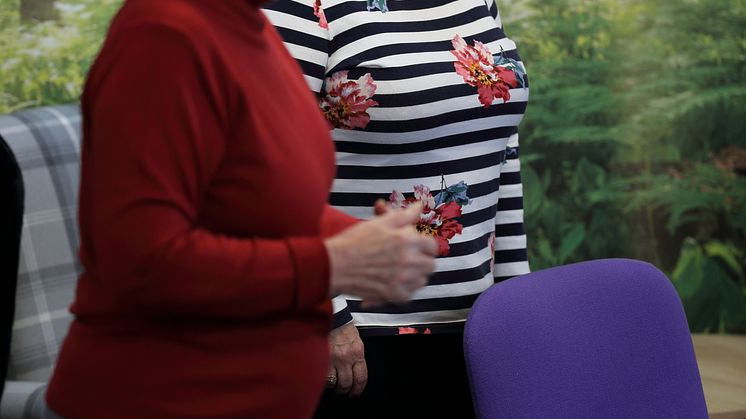
John Sapeluk, 66 from Dundee had his stroke in 2018. It affected both his movement and vision, and although he received some physiotherapy in hospital, he had some way to go after coming home. Relearning to do the most basic of tasks was frustrating, and John’s Zimmer frame didn’t seem to give him the support he needed. John persevered with getting his movement back and has since been able to walk
